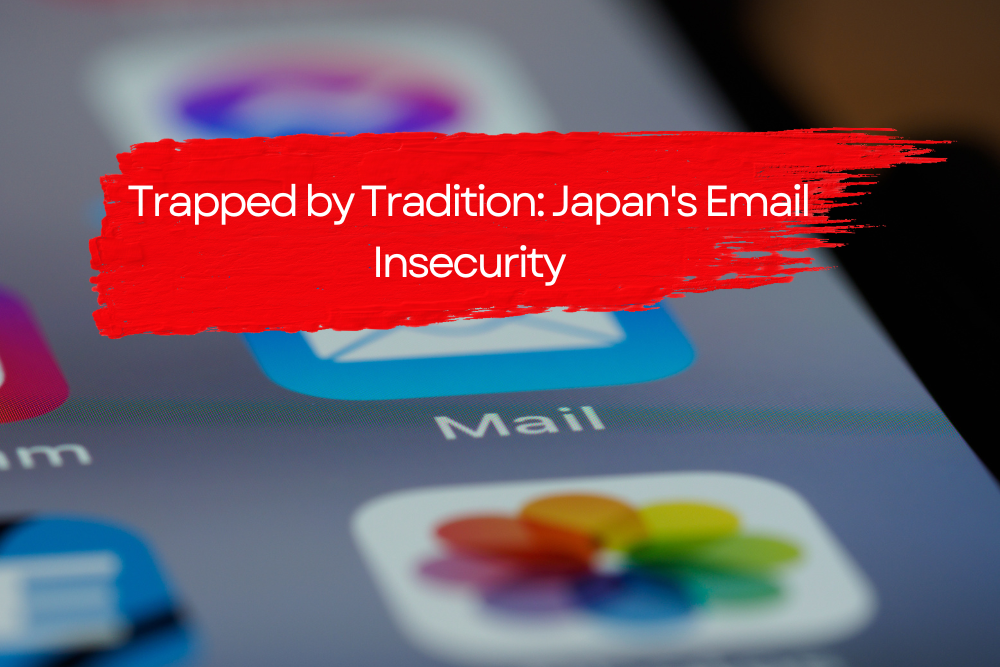
Japan's Email Paradox: Security at a Premium
Japan faces a unique challenge when it comes to email security. While global giants like Apple, Microsoft, and Google offer robust, built-in anti-phishing and spam filtering for free, Japanese providers like Softbank, AU, Docomo, and Rakuten often charge a monthly fee for these essential features. Opening a free email account with robust security is simply not an option with these providers. This pay-for-protection model seems counterintuitive in today's digital landscape, especially given the rising sophistication of phishing attacks.
What makes this situation even more perplexing is the preferential treatment given to these paid, blatantly less secure, domestic email providers by Japanese banks and businesses. Many institutions refuse to allow password resets or account recovery via email unless the address is from one of these domestic providers. This creates a bizarre paradox where users are pushed towards potentially less secure and more expensive email services under the guise of enhanced security.
This reliance on domestic providers, despite their limitations, stems from a perceived sense of trust and familiarity. However, this reliance comes at a cost. Users are not only paying for basic security features that are freely available elsewhere, but they are also potentially more vulnerable to sophisticated phishing attacks due to the less advanced filtering.
It's disheartening to witness this situation unfold. Many Japanese citizens are, in effect, trapped in a "language prison." Limited access to information in other languages prevents them from understanding the security advantages offered by global email providers. They are unaware that they are paying a premium for services that are free and often more effective elsewhere. This lack of awareness leaves them vulnerable and perpetuates a system that prioritizes tradition over genuine security and user benefit. The result is a market where consumers are not only getting a raw deal, but are also being exposed to greater risk.